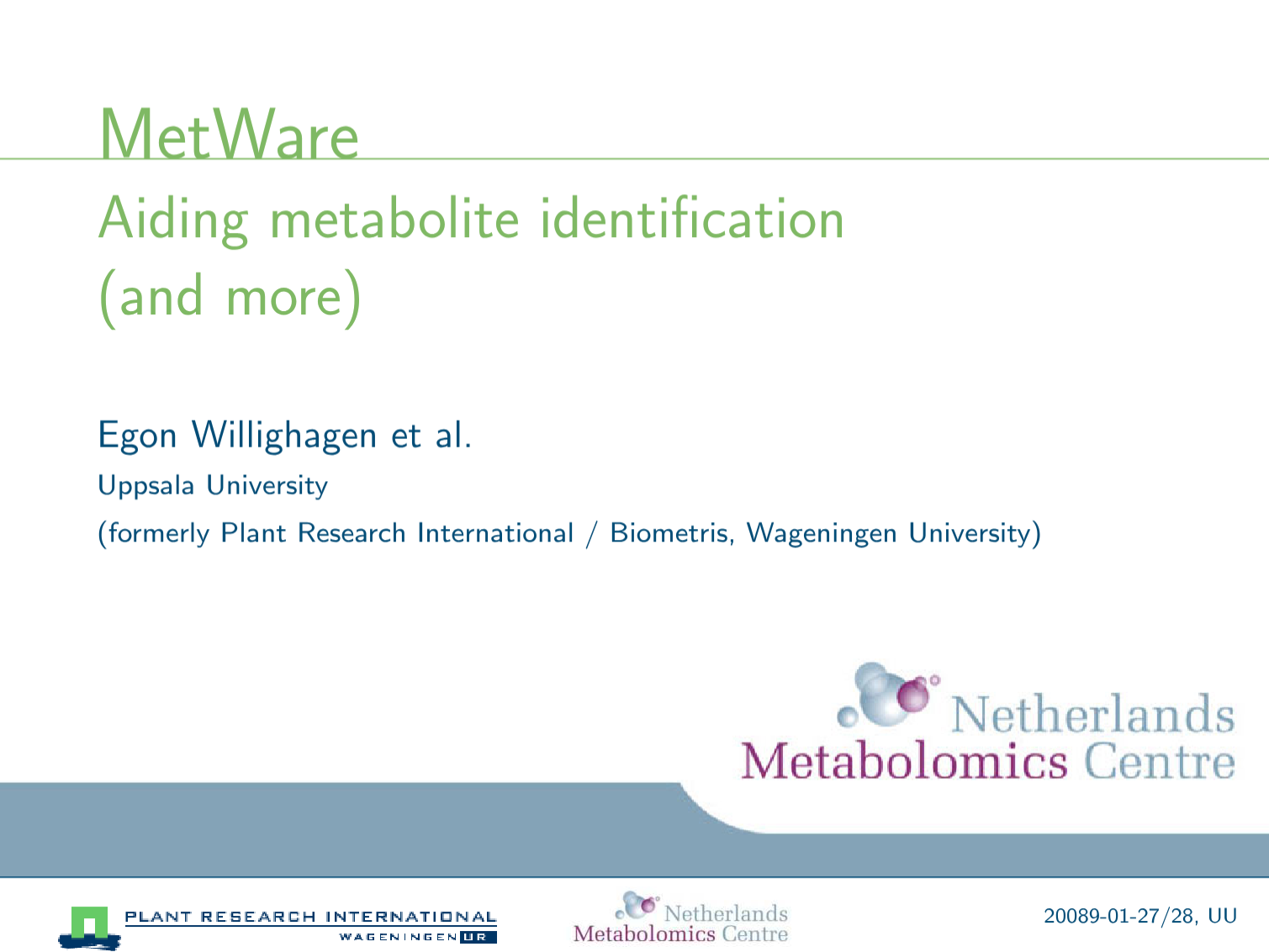-
CDK 1.2 Release Candidate
I released CDK 1.1.5 today. Below is the email I sent to the cdk-user mailing list:
-
Where can I host my experimental data? Open Submission Chemistry Databases #1
Rich just posted an interesting read on Web-Centric Science, after a gauntlet thrown down by The Realm of Organic Synthesis (TROS).
-
Why can't SourceForge just remember me?
I do not typically make complaints in my blog, so consider this a request for advice in good practices ;)
-
YouTube for Chemistry
ChemSpider has set up embeddable chemistry widget (per Cameron’s idea), much like YouTube. I just have to try that. Unlike YouTube, you need to be registered and logged in to use the functionality (I hope the requirement will be dropped):
-
Statistics on the Development Community
Git is nice. Nicer to some than to other, that is true. GitReady just learned me how to calculate commit message in a few seconds:
git shortlog -s -n. For the whole Bioclipse and CDK commit history. Seconds. Here they are. -
Details behind the "Calling XMPP cloud services from Taverna2"
On Monday I showed two screenshot showing our new XMPP-based web/cloud services in action inside Taverna.
